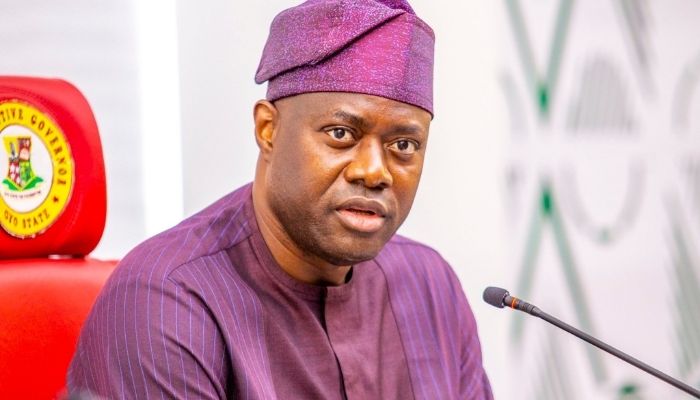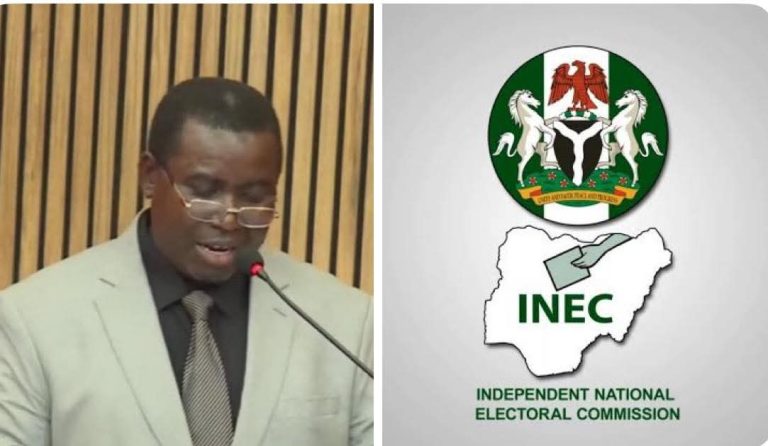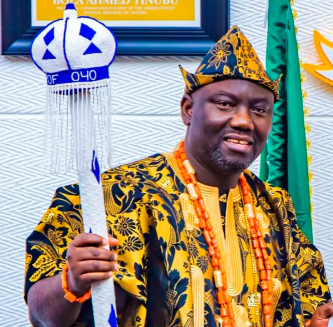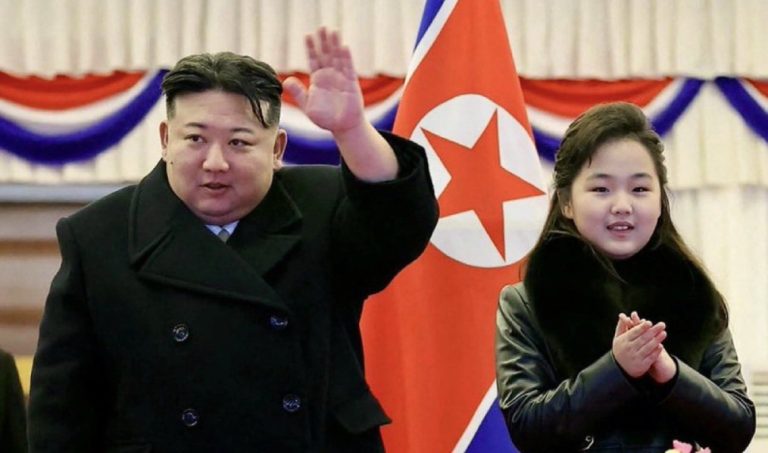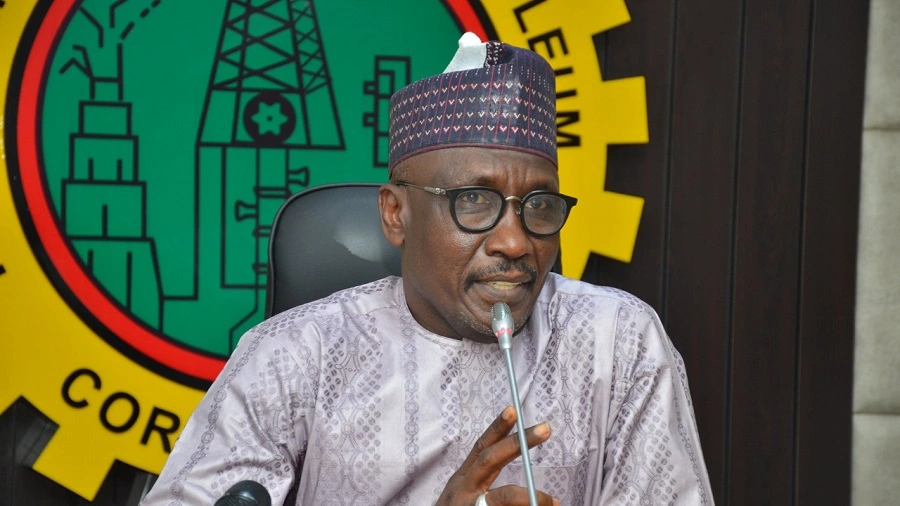
The Nigerian National Petroleum Company Limited has said that it will reconcile fuel subsidy deductions with the Federal Government, after stating that no fuel subsidy payments were made to marketers since January 2016.
The company stated this on Tuesday, July 4 when it posted a before and after fuel subsidy factsheet via their official account on Twitter.
It is important to also note that two days after President Bola Ahmed Tinubu announced an end to fuel subsidies in the country, Mele Kyari, the Group Chief Executive Officer of the NNPC Limited said the Federal Government owed it over $6 billion (N2.8 trillion).
This is the exact amount that the NNPCL has paid to keep fuel cheap.
Meanwhile, in the Nigeria Development Update report from the World Bank, it was stated that the recent decision to remove the fuel subsidy marks a crucial initial step towards restoring macroeconomic stability, creating fiscal space, and improving growth prospects.
The World Bank report stated that the removal of the subsidy will improve Nigeria’s fiscal position.
This is because it sets the foundations for a more resilient, faster-growing economy.
However, the overall fiscal impact of the decision will depend on several factors, including how the Government plans to use savings from the fuel subsidy regime.
Payments
Before – No marketer is paid petrol subsidy by NNPC Limited as marketers buy below-cost price.
After – Marketers will now pay the cost price as determined by the market.
Debt burden
Before – Federation continuously in debt for subsidy payment.
After – End of a burden, the beginning of a new era of renewed hope and opportunities.
Settlements
Before – NNPC Limited pays suppliers either cash or delivers the equal value of crude oil volumes as settlement.
After – Crude oil swap deals will phase out.
Supplies
Before – Suppliers import products on commercial terms for NNPC Limited on the back of their credit abilities.
After – NNPC Limited will no longer be the sole importer of petroleum products
What you should know
Mele Kyari had stated earlier that the fuel subsidy regime only benefitted about 10% to 15% of Nigerians because the regime was mainly helpful to those who belong to the elite or upper middle class.
According to him, those who benefitted from the fuel subsidy regime were the upper class in society because they have a wide range of vehicles that are not used for mass transportation.
See NNPC Twitter post…
